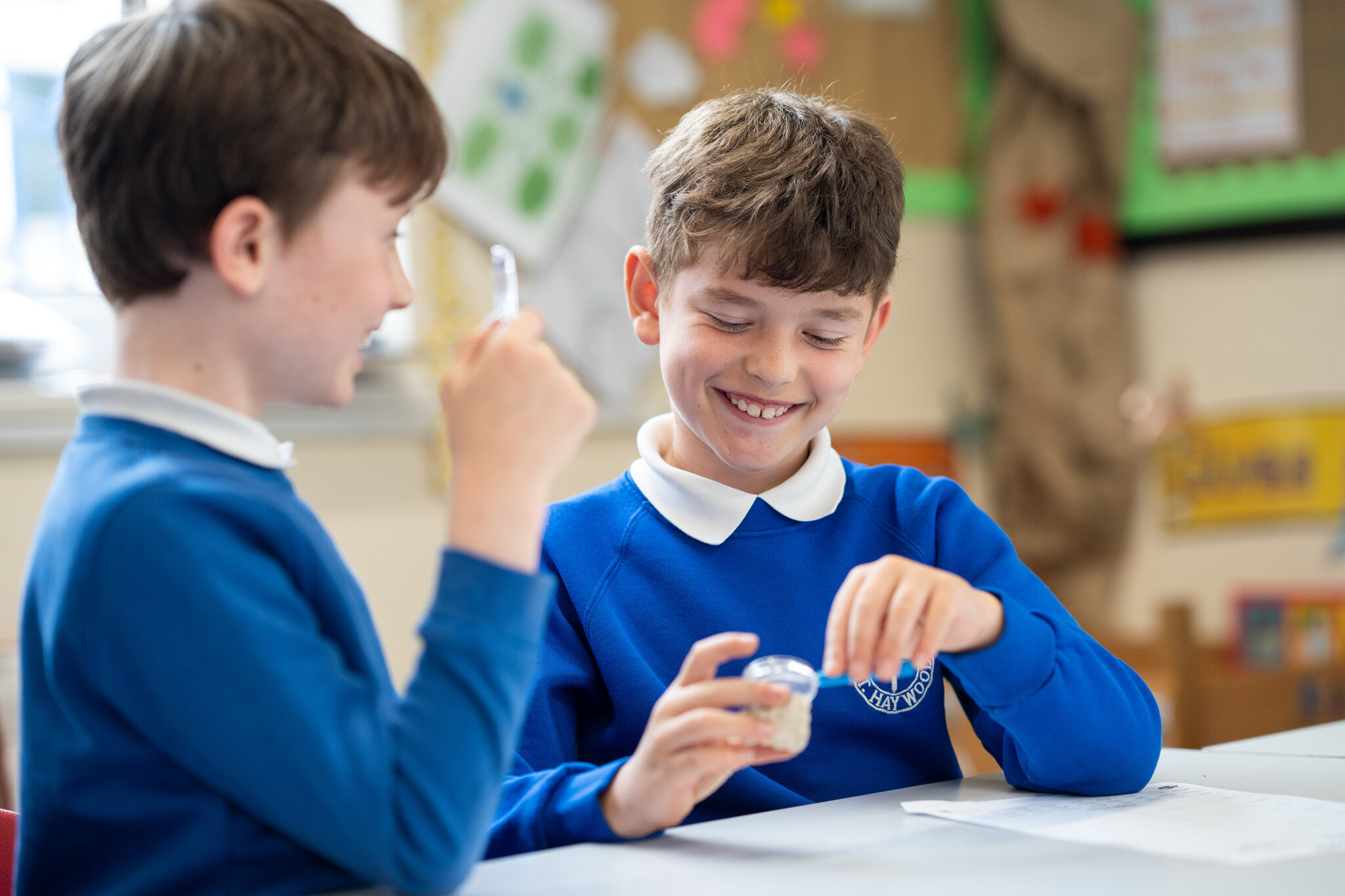Science
Our Intent: If we can inspire a sense of awe and wonder about the world we live in, then we feel we have achieved our main aim of science teaching. Active learning situations have been planned to encourage children to ask questions, make predictions and carry out simple investigations. The experiences have been planned to appeal to all children, taking their interests and stages of development into consideration. They will have access to a wide variety of scientific equipment to help in the development of their observational and measuring skills.
Science helps to teach children an understanding of natural phenomena and aims to stimulate their natural curiosity and encourage them to find out why things happen. Children learn to ask scientific questions and begin to understand the way in which science will affect their future on a personal, national and global level.
Through teaching science we aim to build upon children’s natural curiosity. The school has a set out scheme of work which enables each student within each year group to explore their interest and inquisitiveness. Our science units hope to enable children to know and understand the properties of materials, electricity, light, sound and natural forces. We also hope to then advance that knowledge; children will explore the physical processes which can change the properties of materials, electricity, light, sound and natural forces. Children will also be encouraged to know and understand the life processes of living things; this includes both humans and animals. Within these units children will learn about food chains and life cycles.
Anson offers children many opportunities for them to acquire investigative skills. The schemes of work across the Trust stimulate our children to investigate both independently and as a group. We also strive to motivate children to ask scientific questions. Children have plenty of opportunities to develop scientific skills which include - observing, exploring and ordering; posing questions and devising experiments to answer questions; use equipment, including computers, to test out theories, record findings and analysis data. Children also have chance to evaluate evidence and present their conclusions clearly and accurately by interpreting findings critically and communicating findings to teachers and other children.
Children learn best in science through first hand experiences. This could be through observing mini-beasts in their natural habitat, rolling a toy car down a ramp or investigating if the tallest person in the class has the longest stride. Children also need opportunities to share what they know, ask questions to extend their own understanding and to reflect on their work and what they have learned. Teachers endeavour to provide practical experiences through which children can explore their ideas and develop their knowledge and understanding of science.
‘The important thing is not to stop questioning. Curiosity has its own reason for existing.’
Albert Einstein
